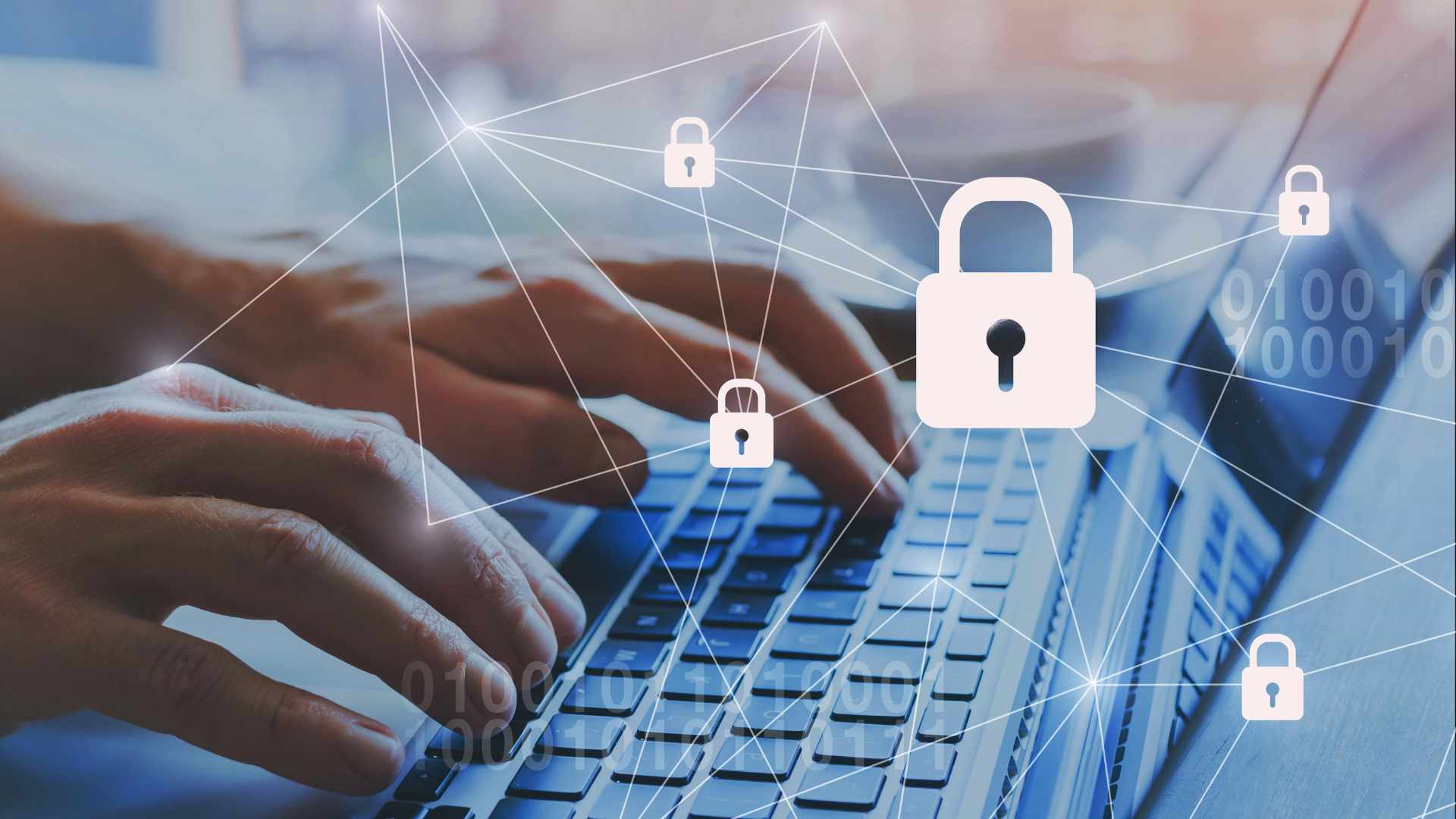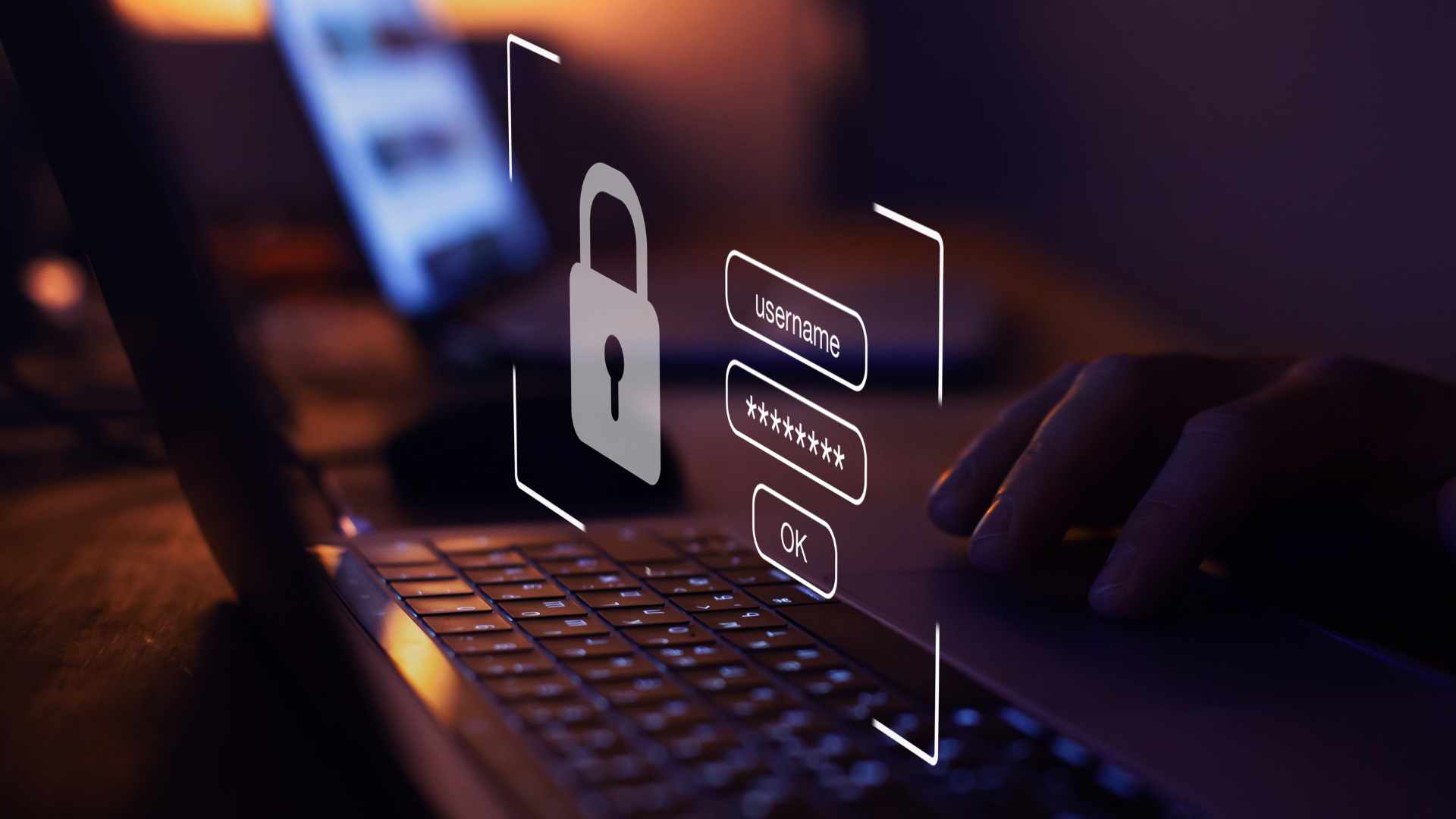The safety of digital and communication technologies is very important in today’s world because everything is linked. This includes intercom systems. Intercom systems are important for home and business security because they allow people to talk to each other and control who can enter buildings and rooms. However, as more and more of these devices are connected to the internet, cyber dangers and hacking attempts become more likely.
This blog post will review the steps and methods to protect intercom systems from hackers. From learning about possible weaknesses to putting in place strong security rules, we’ll look at how to keep these important systems safe from people who shouldn’t have access to them and make sure they stay a reliable tool for communication and safety. Come with us as we figure out how to keep your intercom safe in this modern world.
Can My Home Security System Be Hacked?
With the advent of smart home technology, home security systems have become more advanced, offering unparalleled convenience and control. However, this technology also brings heightened risks of hacking. Understanding these risks and how to mitigate them is crucial for ensuring the safety of your property and loved ones.
Why Do Home Security Systems Get Hacked?
Home security systems can be vulnerable to hacking for various reasons:
Data Theft
Data theft is a serious concern in home security, where hackers specifically target login credentials as their primary entry point into security systems. By obtaining these credentials, malicious actors gain unauthorised access to the system, which allows them to covertly observe the homeowner’s daily routines and activities through surveillance cameras or other monitoring tools. This covert surveillance gives the hackers a comprehensive understanding of the homeowner’s habits and schedules, including when the house is likely empty.
Malicious Intent
Some hackers infiltrate home security systems not for financial gain but for their amusement, driven by motives ranging from mischievous to downright malicious. These intruders exploit vulnerabilities within security systems to gain control over cameras and audio devices installed within a home. Once they have access, they can manipulate these devices in various disturbing ways. This type of unauthorised access can cause significant emotional distress and discomfort to homeowners, who may feel their privacy has been grossly violated.
Security Gaps
Many security systems are susceptible to breaches due to outdated software, weak passwords, and inadequate encryption, making them prime targets for hackers. Outdated software often contains unpatched vulnerabilities that hackers can exploit to gain unauthorised access. These vulnerabilities are well-documented and publicly known in the cybercriminal community, making outdated systems particularly easy to attack.
Identifying Hacks
Detecting a hack can be challenging, but there are some signs to look out for:
Unexpected Camera Movements
If your security cameras move or change angles without your intervention, it could indicate that someone has gained unauthorised access.
Unusual Activity Logs
Regularly check your system’s event log for suspicious activities or unauthorised access attempts.
LED Indicators
Some cameras have LED lights that turn on when in use. If you notice these lights behaving unusually, it could indicate a hack.
How Are Security Systems Hacked?
Password Theft
Using weak or reused passwords can make it easy for hackers to gain access. Credential stuffing and cracking are common techniques for exploiting these vulnerabilities.
Remote Attacks
Hackers can exploit network vulnerabilities to access your system remotely. This is more common in systems with shared or default passwords.
Local Attacks
Although less common in residential settings, local attacks involve physically accessing the security system to manipulate or extract data.
DDoS Attacks
Distributed Denial of Service (DDoS) attacks overload the system with traffic, causing disruptions and potentially leading to breaches.
How To Prevent Your Home Security System From Being Hacked?
As smart home technology advances, hackers’ methods of exploiting vulnerabilities also advance. Home security systems offer unparalleled convenience and protection and are not immune to these threats. To safeguard your system, follow these comprehensive best practices.
Use Strong, Unique Passwords
The importance of strong password practices cannot be overstated, as using weak or reused passwords can make your system highly susceptible to attacks by hackers who target these vulnerabilities. To enhance security, it is advisable to create complex passwords that include a mix of letters, numbers, and special characters.
Additionally, using the same password across multiple devices and services should be avoided to prevent widespread access in the event of a breach. Regularly updating your passwords is also crucial in minimising the risk of security breaches. To manage these practices effectively, consider using password managers. These tools can help generate and securely store complex passwords, simplifying the task of maintaining robust password hygiene.
Enable Two-Factor Authentication (2FA)
Two-factor authentication (2FA) significantly enhances security by adding a second verification step beyond just the password, making it a crucial layer of defence for your accounts. Enabling 2FA on all accounts related to your security system is recommended, which may involve receiving a code on your mobile device or generating one through an authentication app. This extra step ensures that even if a hacker obtains your password, they won’t be able to access your system without securing the second verification form.
Regularly Update Software And Firmware
Outdated software and firmware can present vulnerabilities that hackers often exploit, making it essential to keep your security system and its associated apps updated. Setting these systems to update automatically is a best practice that patches security flaws and enhances functionality. By maintaining up-to-date software, you ensure that you benefit from the latest security improvements, bolstering your defence against potential cyber threats.
Secure Your Network
A secure network serves as the first line of defence against remote hacking attempts, making it crucial to implement robust security measures. It is recommended to use strong, unique passwords for your Wi-Fi network and to enable WPA3 encryption, which offers a higher level of security than the older WPA2 standards.
Additionally, setting up a guest network for visitors can help secure your primary network. To support these best practices, using a high-quality router that supports the latest security protocols is essential, ensuring your network infrastructure is equipped to protect against potential cyber threats.
Monitor Your System For Unusual Activity
Early detection of suspicious activity is crucial in preventing potential breaches, so it’s essential to regularly check logs and alerts from your security system. Key indicators of such activities include unusual login attempts, changes in settings, or unexpected camera movements.
To effectively track these activities, it’s advisable to utilise your security system’s built-in monitoring features and third-party security tools. These resources help ensure that any abnormal behaviour is quickly identified and addressed, safeguarding your environment against unauthorised access.
Implement Role-Based Access Control
Limiting access to your system based on roles is a vital strategy for reducing the risk of internal breaches. It’s best to only grant access to necessary functions for each user; for instance, restrict administrative privileges to trusted individuals only. To implement this effectively, utilise the role-based access control features in your security system’s settings. This approach ensures that users have access only to the components essential for their roles, enhancing overall security integrity.
Use Identity Verification
Ensuring that users are who they claim to be adds an extra layer of security, which is crucial for protecting sensitive systems. To achieve this, enable identity verification features in your security system, which often involves sending a unique identity token to each user. This method helps prevent unauthorised access by making it much harder for someone to impersonate a legitimate user, thereby securing your system against potential breaches through identity fraud.
Protect Against Physical Tampering
Physical access to your security devices can enable hackers to bypass electronic security measures, making it critical to place cameras and other devices out of easy reach and secure them with tamper-resistant mounts. Regular inspections of the physical components for signs of tampering are also essential. By implementing these practices, you can significantly reduce the risk of unauthorised access and ensure that your security measures remain effective.
Conclusion
Intercoms are very important for home and business security because they let people talk to each other and decide who can enter rooms and buildings. But computer threats and hacking attempts are more likely to happen as more intercoms are linked to the internet. To keep hackers out of intercom systems, it’s important to know where they could be weak and set up strong security rules.
Sound and video signals are sent and received between two or more places by intercom devices. They have many perks, such as better security, ease of use, tracking, and controlling who can get in. Home security systems can be hacked, though, because of security holes, theft of data, and bad intentions. Hackers steal data by looking for login information, getting into the system without permission, and watching the homeowner’s daily activities and habits through surveillance cameras or other tools. Hackers with bad intentions take advantage of holes in security systems to take over cameras and recording equipment, making homes feel uncomfortable and upset.
Hackers love to target security holes in systems that use old software, weak passwords, or encryption that isn’t strong enough. Strong security rules must be put in place to keep intercom systems safe. Learn about any possible weak spots and then put in place strong security rules to keep hackers out.
FAQs About Intercom Systems
What Makes Intercom Systems Vulnerable To Hacking?
Intercom systems can be vulnerable due to outdated software, weak passwords, lack of encryption, and the integration of internet connectivity, which exposes them to online threats. Systems must be regularly updated or properly secured with strong authentication measures to provide entry points for hackers to exploit.
How Can You Ensure That Your Intercom System Is Using Strong Encryption?
To ensure strong encryption for your intercom system, verify that the system uses at least AES (Advanced Encryption Standard) 128-bit encryption or higher. This level of encryption helps secure the transmission of data between devices. Consult with your system manufacturer or a security expert to confirm the encryption standards used and whether any updates are necessary to improve security.
What Are Some Effective Ways To Prevent Unauthorised Access To Intercom Systems?
Effective strategies to prevent unauthorised access include:
- Using strong, unique passwords for device access.
- Regularly updating firmware and software to patch vulnerabilities.
- Enabling two-factor authentication where possible.
- Restricting network access to the intercom system.
Additionally, regular security audits and monitoring can help promptly detect and respond to potential security threats.
Can Updating The Firmware On Your Intercom System Improve Security?
Yes, regularly updating the firmware on your intercom system can significantly improve security. Manufacturers often release firmware updates to fix bugs, patch vulnerabilities, and enhance security features. Keeping your intercom system updated ensures you have the latest protections against potential hacking attempts.
How Do You Know If Your Intercom System Has Been Hacked?
Signs that your intercom system may have been hacked include unusual activity, such as doors unlocking unexpectedly, strange noises coming from the system, unauthorised changes to system settings, or sudden poor performance. If you suspect your system has been compromised, contact a cybersecurity professional immediately to assess and address the situation.


